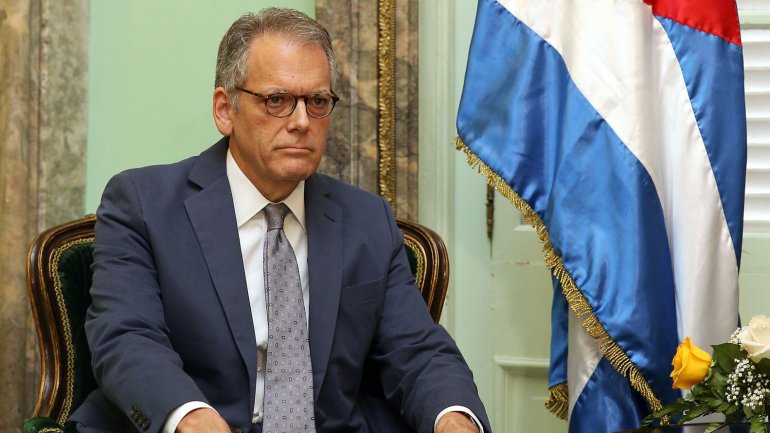
The year of living diplomatically
WASHINGTON, D.C. – ”We have a new course in U.S.-Cuba relations…and we’re trying to make as much progress as possible so the policy is viewed as in the best interests of the U.S. and irreversible.”
Jeffrey DeLaurentis, the U.S. Chargé d’Affaires in Havana, made these comments to the Xinhua news agency this week summarizing what’s been accomplished through diplomacy in the year since the U.S. Embassy reopened in Havana.
Diplomacy has produced a substantial body of work, as the fact sheet released by the State Department makes clear. The U.S. and Cuba have signed ten agreements with another seven in train and may be ready before the end of this year. Fifty-five years of stalemated statecraft saw only five agreements between the two countries that remain in force today, as Cuba’s chief negotiator in the normalization talks, Josefina Vidal, observed in comments to Granma. This is what happens when the U.S. talks to Cuba, and Cuba talks to us.
But, while we rightly celebrate this first year of diplomacy with Cuba, the Cold Warriors and party poopers who pine for the old policy of punishing of Cuba with tighter sanctions view the success of negotiations as a failure. As Tim Padgett wrote this week, “They’ve declared engagement with Cuba a flop because it hasn’t achieved in 365 days what isolating Cuba couldn’t do in 55 years.”
For example, in case you thought Senator Marco Rubio was posturing for his presidential campaign by blocking the appointment of a U.S. ambassador to Cuba, he is pledging to do the same thing next year, now that he is running for reelection to the Senate in Florida this year.
He told Politico on Wednesday, “A U.S. ambassador is not going to influence the Cuban government, which is a dictatorial, closed regime.” He doesn’t even want an Ambassador in Havana with direct access to highly placed Cuban officials to give it the old college try.
Rubio’s antipathy toward diplomacy is shared by like-minders on the other side of the U.S. Capitol. If the State Department budget bill written by the House Appropriations Committee becomes law, Ambassador DeLaurentis will be prohibited from adding staff or enlarging his already inadequate facilities.
Such limits are ideological, not rational. They come at a moment, as Senator Jeff Flake said, when “There are going to be too many Americans traveling to Cuba and doing legal business in Cuba to deny them the opportunity to have a full-fledged diplomatic presence there.”
From now to the end of President Obama’s term, rationality is likely to prevail; if only because he is unlikely to sign legislation that reverses the long-sought gains of his Cuba policy, and Congress – on a seven-week recess now and in Washington for just a month this fall before skipping town to campaign for reelection – is not going to work long or hard enough to repeal them.
With the President’s term winding down, there’s much left to do and shrinking time to do it. As the Miami Herald observed this week: “Daunting issues remain [including] the embargo, claims for confiscated property of U.S. citizens and corporations, differences over human rights, migration, return of fugitives from justice, and Cuban demands for reparations for damages from the embargo and the return of the U.S. Navy base at Guantánamo Bay.”
We encourage the Obama administration to take advantage of the Congressional absence, and put the accelerator to the floor on U.S.-Cuba diplomacy to try and get done as much of this as possible.
Negotiating is a sign of strength, not weakness; as the great Cold Warrior, Winston Churchill, famously said: “To jaw-jaw is always better than to war-war.” Getting more agreements in place, as Ambassador DeLaurentis said, will be in both countries’ interests and will help make the policy irreversible.
(From Cuba Central)

